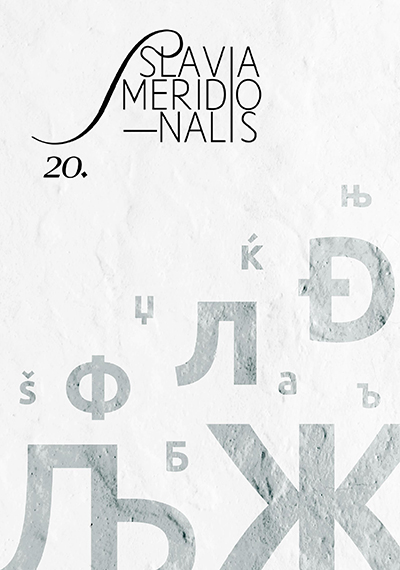O historii absolutnej klęski – krytyka religii w eseistycznej twórczości Josefa Šafaříka
On the History of Absolute Failure: Criticism of Religion in the Essays of Josef Šafařík
Author(s): Paula van WissemSubject(s): Philosophy, Theology and Religion, Philosophy of Religion
Published by: Instytut Slawistyki Polskiej Akademii Nauk
Keywords: Josef Šafařík; criticism of religion; cultural criticism; crisis of civilization; Czech essay
Summary/Abstract: The article presents the thought of Czech dissident and essayist Josef Šafařík (1907–1992). A characteristic feature of Šafařík’s texts is deep criticism of culture. The sharpness of this criticism is directed against technocratic civilization, although it is not only a criticism of widely understood modernity. Šafařík sees the source of mankind’s existential crisis in religion, which legitimized technological progress and eventually led to the loss of the metaphysical aspect of humanity. Although this view is not isolated in (post)modern philosophy, Šafařík expressed it in a rather radical way: not so much to undermine the very foundations of European culture but to provoke in the reader a profound reinterpretation of established truths. In spite of the insightful criticism of religion, Šafařík’s texts are permeated by the metaphysical dimension, but the relation between human beings and transcendence is in this case reversed. According to Šafařík, the transcendental horizon is present only in the essence of man, not in the outer absolute, regardless of whether it is an absolute understood as an Idea, God, or Progress. The article presents analogies in the thought of Josef Šafařík, Jan Patočka and Jean-Francois Lyotard.
Journal: Slavia Meridionalis
- Issue Year: 2020
- Issue No: 20
- Page Range: 1-14
- Page Count: 14
- Language: Polish

